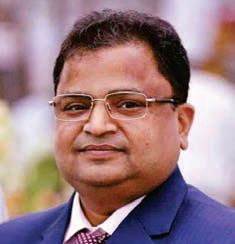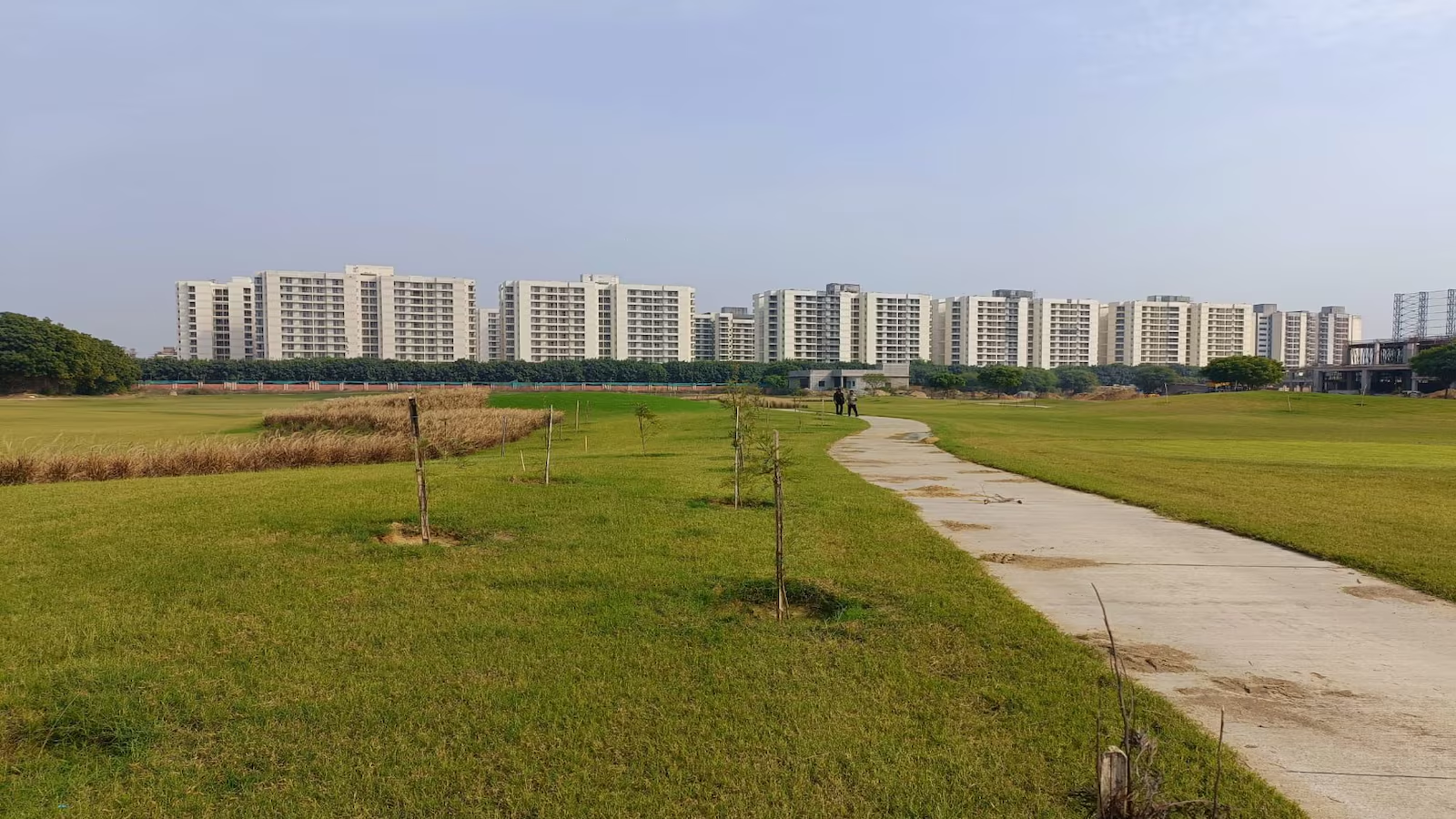&More
MENSTRUATION | Social, not physical, issue


Akshay Kumar-starrer Padman, which was released in theatres recently, has attempted to ingrain the issue of menstrual hygiene in the psyche of the common man. The film is based on the story of Arunachalam Muruganantham, played by Akshay, who, on realising how women are affected during their menses, sets out to create a sanitary pad machine and to provide inexpensive sanitary pads to the women of rural India. The film focuses on menstrual hygiene and the use of sanitary pads.
Menstrual hygiene is a taboo subject; a topic that many women are uncomfortable discussing in public. This is compounded by gender inequality, which excludes women and girls from decision-making processes. The fact that films are being made on this subject is in itself inspiring.
The issue of period poverty is not restricted to India alone. For instance, the extent of the problem in Britain came to light when a school in Leeds, England, contacted Freedom4Girls, a British charity that provides free sanitary products to girls in Kenya, over concern that female students in their own city were missing class because they could not afford sanitary protection during their periods.
Since then, similar stories have emerged elsewhere in Britain, which may be finally discussing period poverty more openly but is not promoting eco-friendly products.
The situation in Britain is demonstrative of the gaps facing many females every month. A recent survey by Plan International UK, a charity focused on children’s rights and equality for girls globally, found that one in 10 girls in the country had been unable to afford sanitary protection and that 12 per cent have improvised sanitary wear because that is all they can afford.
According to the results of the study, “Sanitary Protection: Every Woman’s Health Right”, undertaken by AC Nielsen, only 12 per cent of Indian women have access to sanitary napkins – the remaining 88 per cent having no access whatever. They find sanitary pads unaffordable.
- Menstrual hygiene is a taboo subject; a topic that many women are uncomfortable discussing in public. The fact that films are being made on this subject is in itself inspiring.
- According to the results of the study, “Sanitary Protection: Every Woman’s Health Right”, undertaken by AC Nielsen, only 12 per cent of Indian women have access to sanitary napkins.
- For the less privileged, periods are the few ‘cursed’ days of the month. A woman on her periods cannot enter the temple, kitchen or take part in any auspicious occasion – because she is ‘impure’.
- Sanitary pad packets are covered in black polythene bags and sold discreetly in our society today. Mothers make sure their daughters are careful in not letting her father of brothers know when she is menstruating.
- We are aiming at spreading awareness about menstrual health education to adolescents and open dialogues on menstruation all along the way.
In rural areas, with the lack of resources, education and awareness about personal hygiene, not just lack of information about hygiene products, the women don’t even have any conversation around menstruation.
For the less privileged, periods are the few ‘cursed’ days of the month. A woman on her periods cannot enter the temple, kitchen or take part in any auspicious occasion – because she is ‘impure’.
The 88 per cent who do not have access to sanitary pads use unsanitised cloth, husk sand, tree leaves and even ash. These can cause severe reproductive health problems and infections, and can also lead to cervical cancer.
In order to create a truly holistic approach to menstruation through integrating ethical business practices, and culturally sensitive, life-affirming education about the menstrual experience, a campaign has been initiated called #YesIBleed. Other than a website, www.shewings.com, awareness is also being spread through a Facebook page and a YouTube channel.
Subodh Gupta, Patron of SheWings and Director of Okaya Power Company, spoke to Realty & More about the campaign:

Realty & More: What is the campaign #YesIBleed all about?
Subodh Gupta: Menstruation is still a taboo in our country and a topic that even women are uncomfortable discussing in public. There is nothing to be ashamed of; it is a natural physiological process! In order to dispel the myths surrounding menstruation, to promote awareness and promote menstrual hygiene, the #YesIBleed campaign was conceptualised.
R&M: Why did you choose this issue?
SG: Period poverty is an issue that plagues our society. Lack of awareness can lead to various health issues in women. In rural areas, not only is there ignorance about menstrual hygiene, but unaffordability to buy sanitary pads is a major hindrance. The reason I decided to work in this sector was to create a truly holistic approach to menstruation through integration of ethical business practices, and culturally sensitive, life-affirming education about the menstrual experience.
R&M: What do you mean when you say Period Poverty?
SG: In India, it is estimated that only 12 per cent of the country’s 355 million menstruating women can afford to use sanitary protection. According to a Nielsen survey, 23 per cent of adolescent Indian girls in the age group of 12-18 drop out of school once they reach puberty because of inadequate menstrual protection.
R&M: Can you throw light on some of the misconceptions regarding periods and your thoughts about them?
SG: Sanitary pad packets are covered in black polythene bags and sold discreetly in our society today. Mothers make sure their daughters are careful in not letting her father of brothers know when she is menstruating. In many households, periods are the few ‘cursed’ days of the month. A woman on her periods cannot enter the temple, kitchen or take part in any auspicious occasion – because she is ‘impure’. Girls are not allowed to go to school, or play. It is critical to change this mindset. We are trying to do that through this campaign.
R&M: How do you plan to execute this campaign?
SG: Through our programmes, we intend to end the reluctance in discussing the issue and enable positive interventions. We are aiming at spreading awareness about menstrual health education to adolescents and open dialogues on menstruation all along the way. We will focus on the urgent need – to promote awareness, inexpensive and eco-friendly sanitary pads and proper means of disposal of the used products.
-



 News3 weeks ago
News3 weeks agoKW Delhi 6 Mall Onboards New Brands
-



 News4 weeks ago
News4 weeks agoManasum Senior Living Launches IKIGAI GOA, A Senior Living Community in North Goa, in collaboration with Prescon Homes
-



 News3 weeks ago
News3 weeks agoCommercial Realty Gets Tech Savvy: Fast Construction, Enhanced Convenience
-



 News2 weeks ago
News2 weeks agoGodrej Properties Sells Rs 3k cr+ Homes of Godrej Zenith, Gurugram, within 3 days
-



 News4 weeks ago
News4 weeks agoBridging India Divide: Top 5 Tier- 2 Cities to Focus On
-



 News4 weeks ago
News4 weeks agoMultipoint Connection – A Definite Boon
-



 News3 weeks ago
News3 weeks agoRBI’s Status Quo on Key Policy Rates to Help Maintain the Real Estate Growth Momentum, Say Industry Stalwarts
-



 News1 week ago
News1 week agoOlive Announces Dhruv Kalro as Co-Founder

















